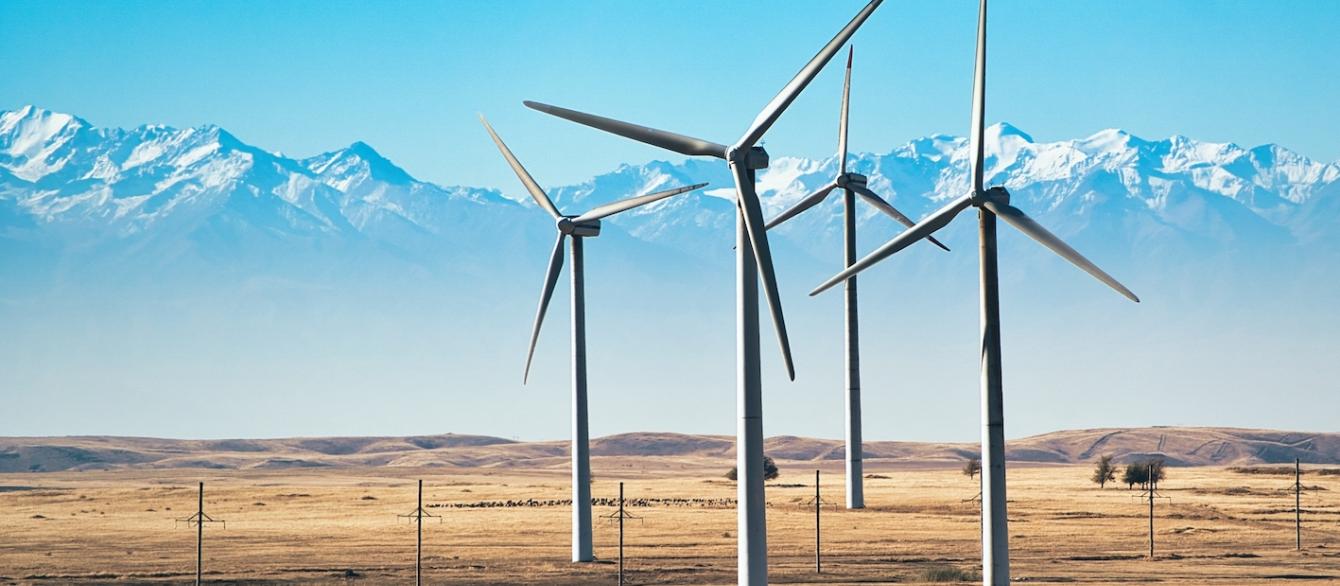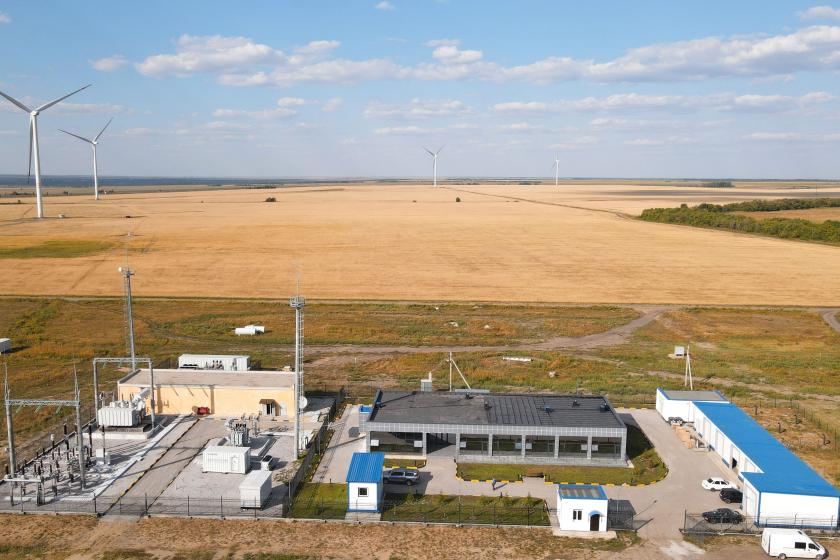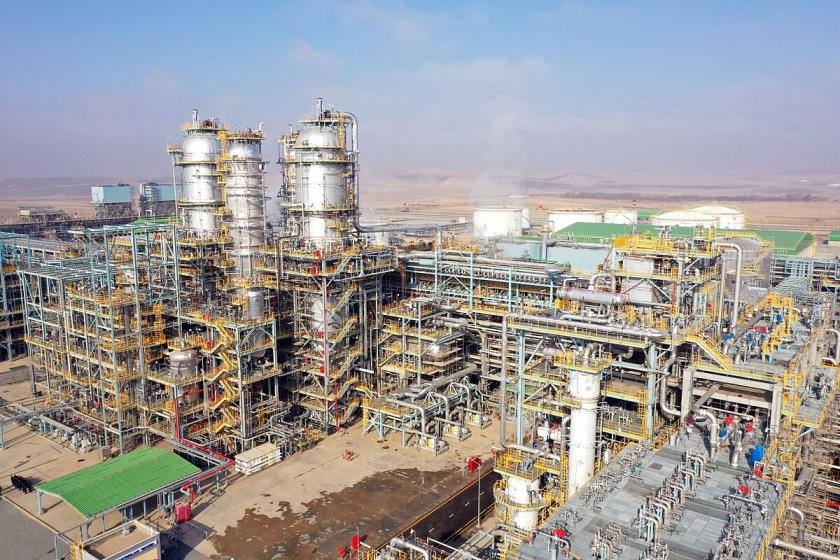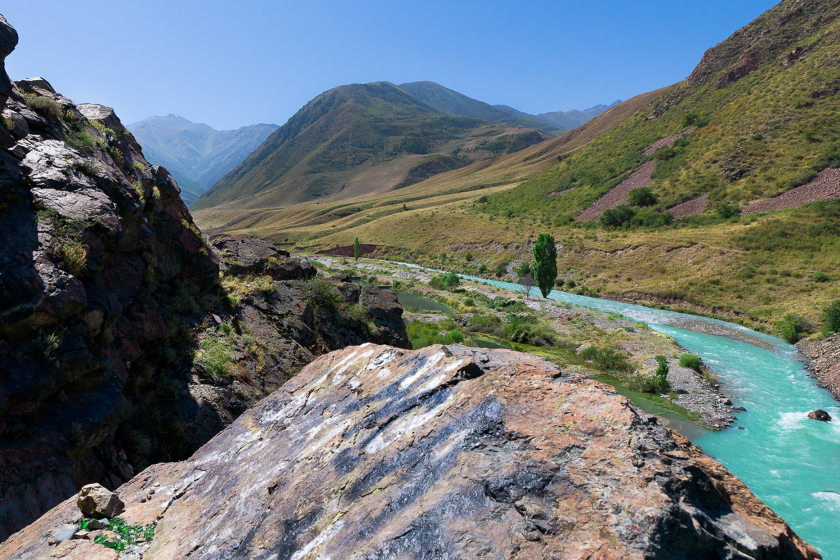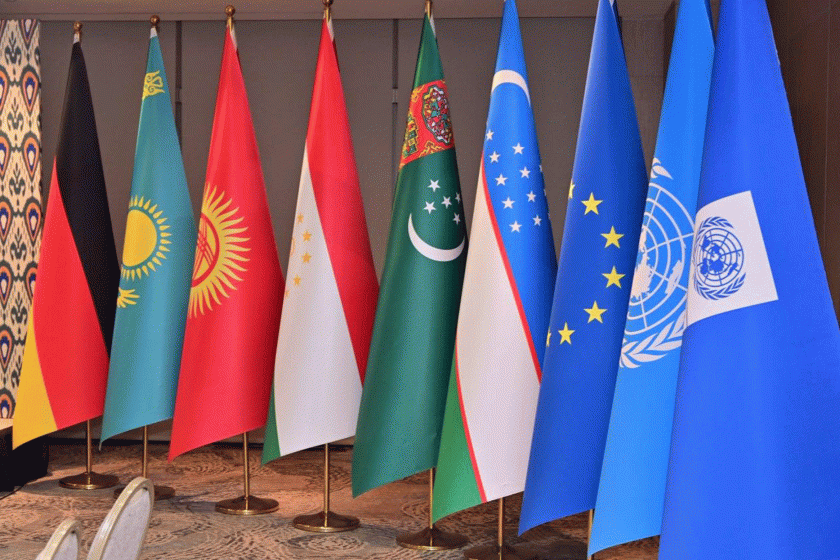Central Asia has the potential to make an important contribution to the global energy transition. The countries of the region (Kazakhstan, Kyrgyzstan, Tajikistan, Turkmenistan, and Uzbekistan) are richly endowed with clean energy sources, such as solar, wind, and hydropower.
By significantly increasing their use of renewables, they can successfully address both serious energy security challenges and acute environmental problems. Their economies can greatly gain from a reliable clean energy supply and new electricity trade arrangements inside the region and beyond.
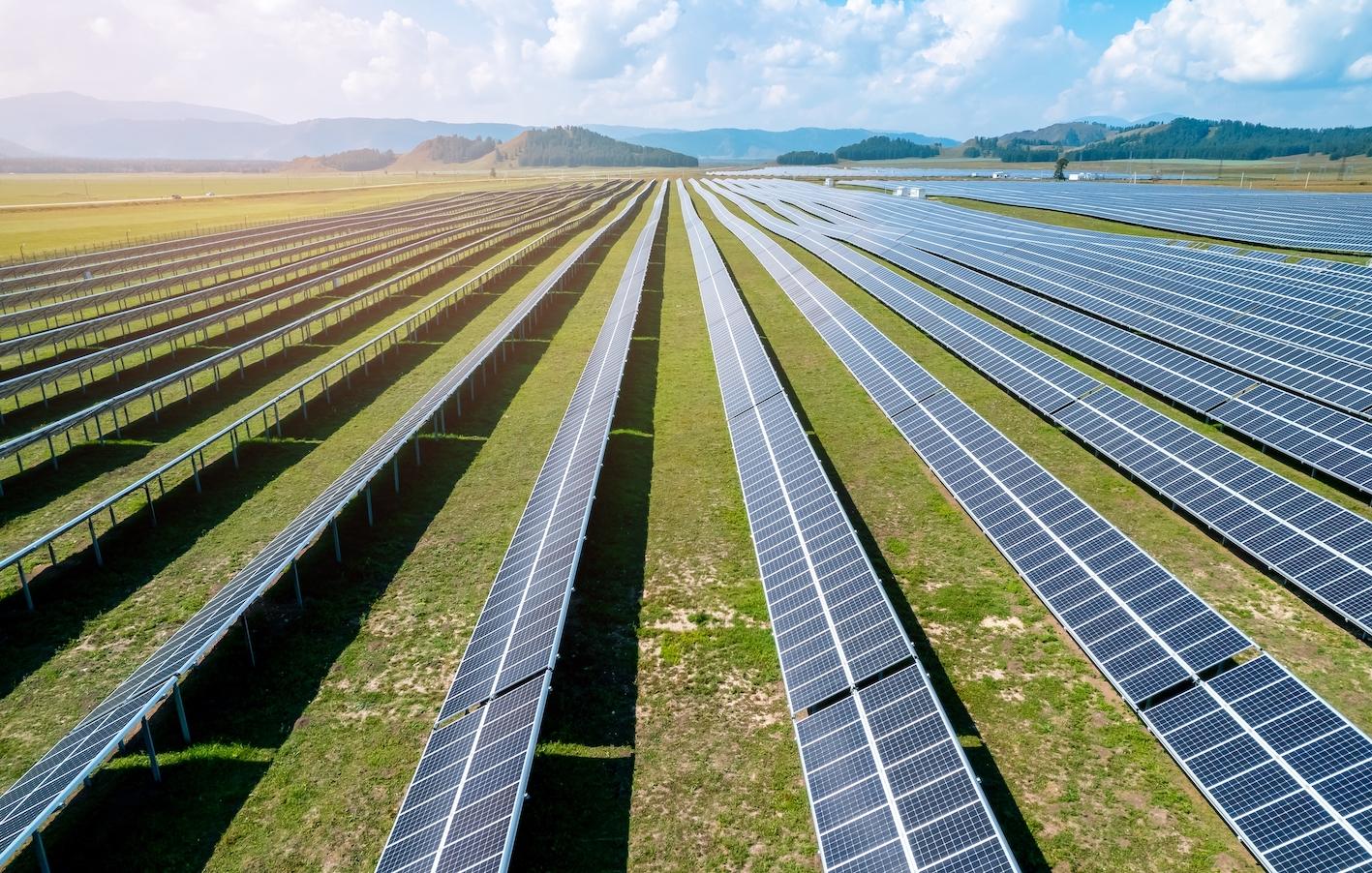
The governments of all five countries recognize the need for and benefits of an energy transition. They have adopted renewable energy strategies and established corresponding legislative and regulatory frameworks for its development.
However, progress is hindered by substantial obstacles. Energy grids in Central Asia, inherited from the Soviet times, are run down and ineffective. Major investments are needed for upgrading them and making them sufficiently flexible to integrate intermittent resources into national power systems.
The energy transition implies difficult political decisions that governments and societies are not fully ready for. It also requires enhanced regional cooperation and coordination that would allow Central Asian countries to have more diversified and reliable energy systems.
The obstacles are substantial but not unsurmountable. At present, there is an alignment of domestic, regional, and international factors conducive to making substantial progress in the green transition in Central Asia.
In October 2022, the Program on Central Asia launched the Renewable Energy Transition in Central Asia (RETCA) project to support the transition to renewables in Central Asia. The project will carry out an in-depth analysis of the obstacles, outline ways forward, and build capacity among policymakers and civil society leaders.




